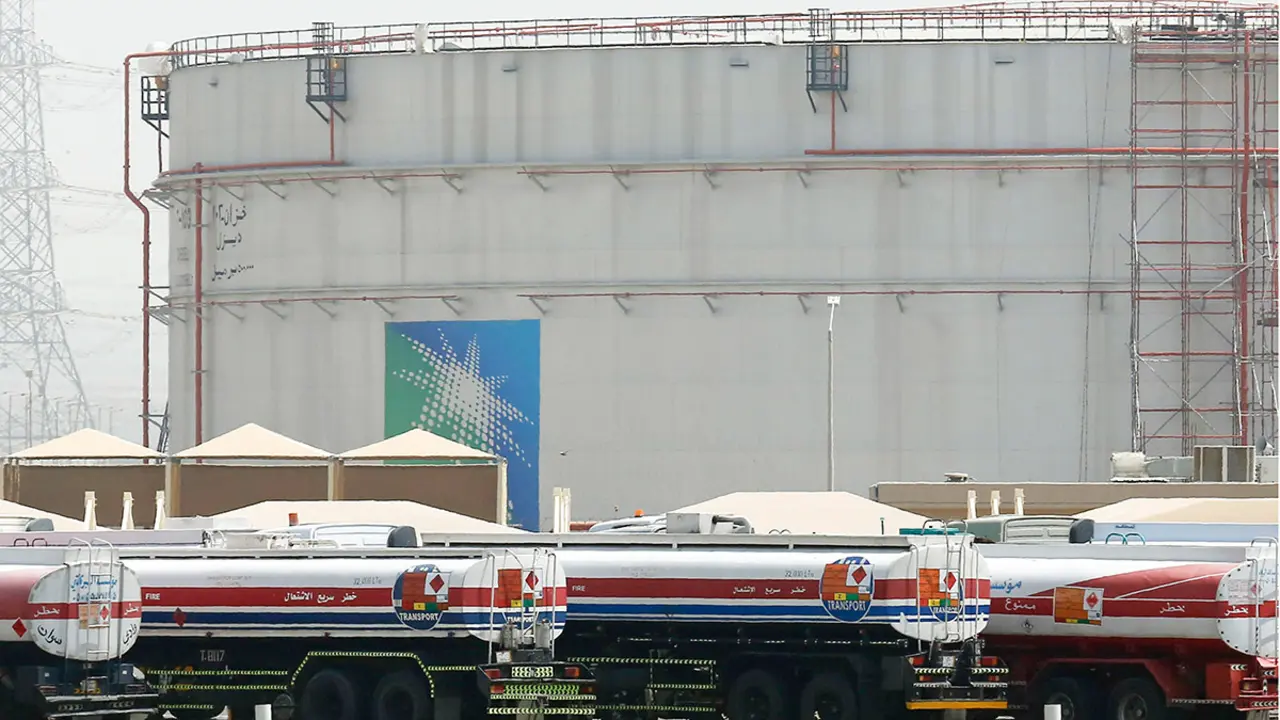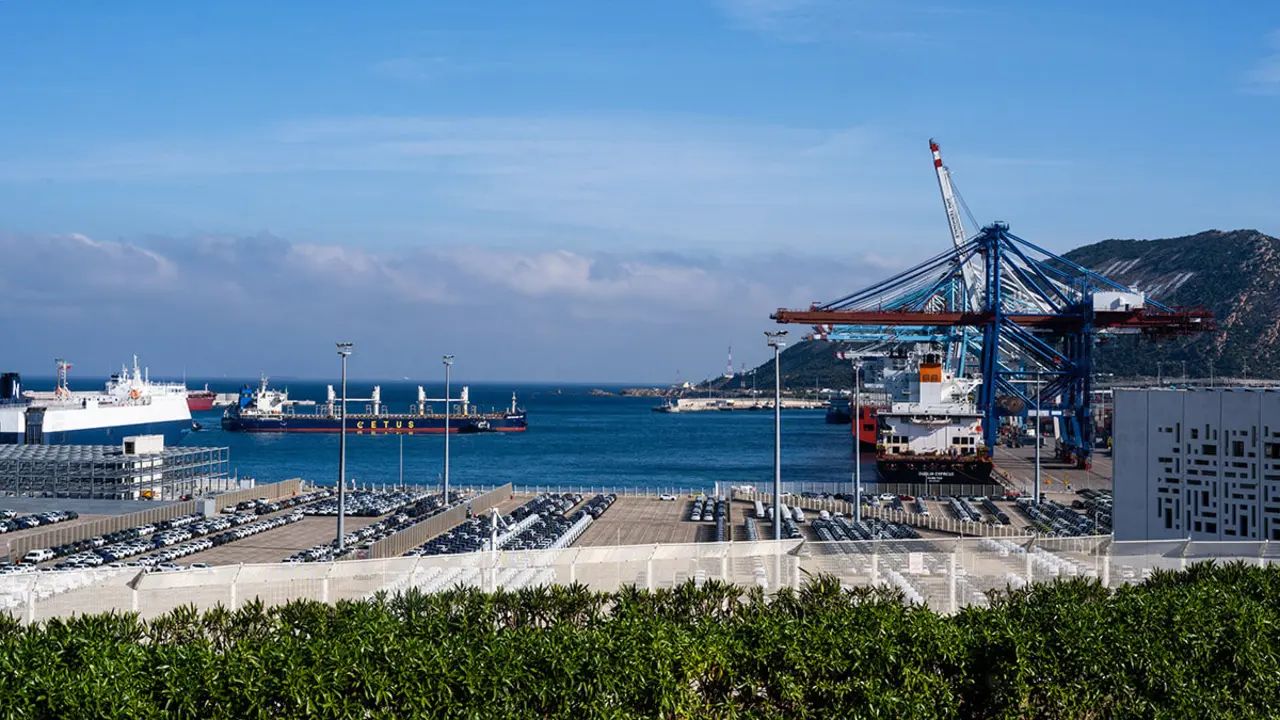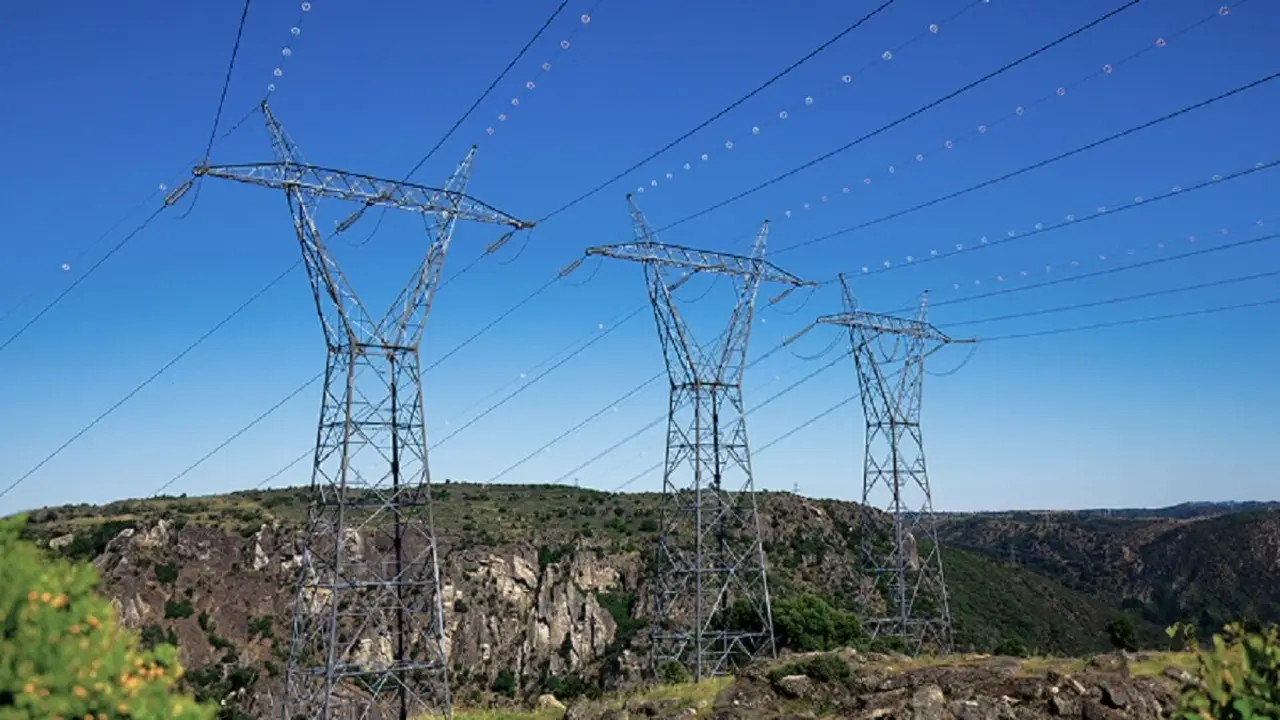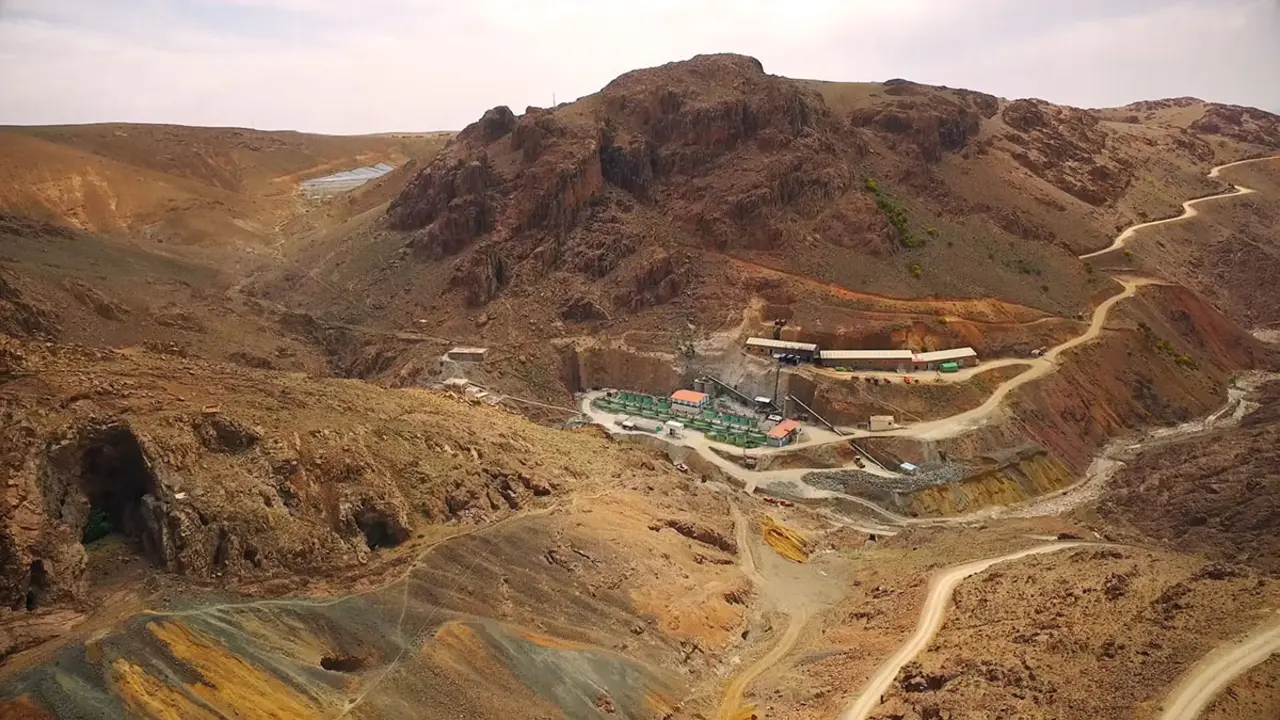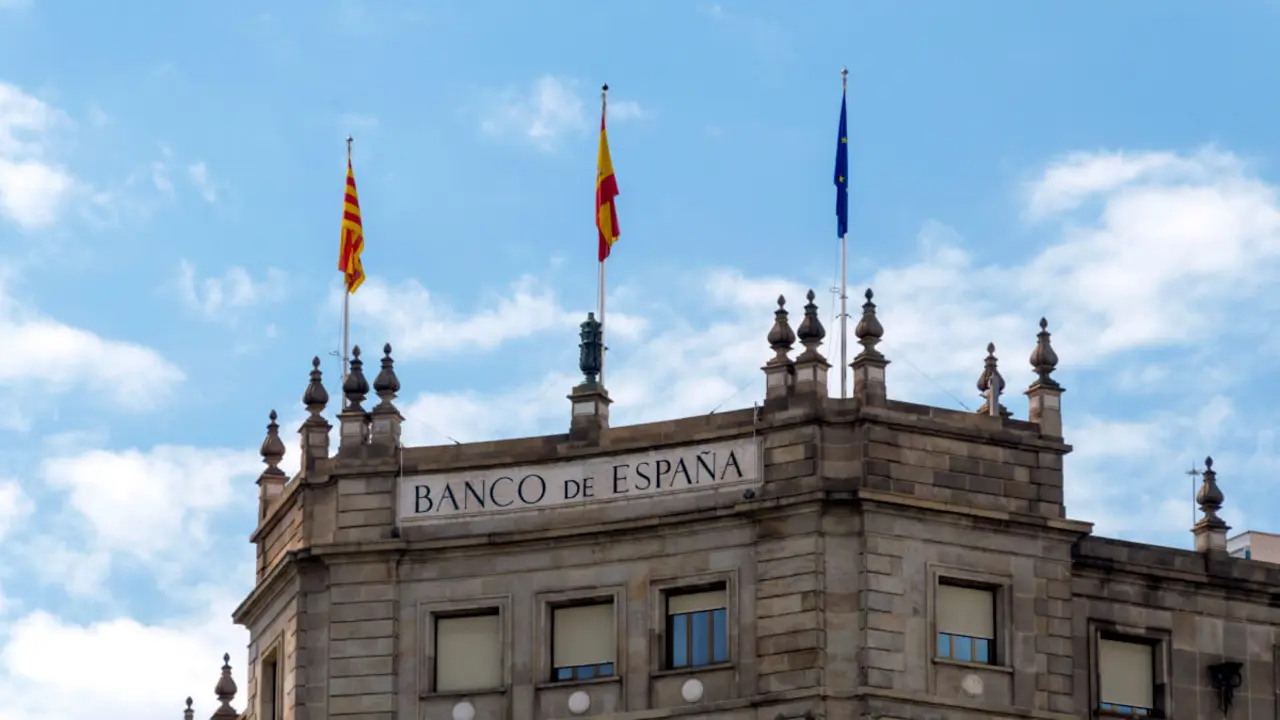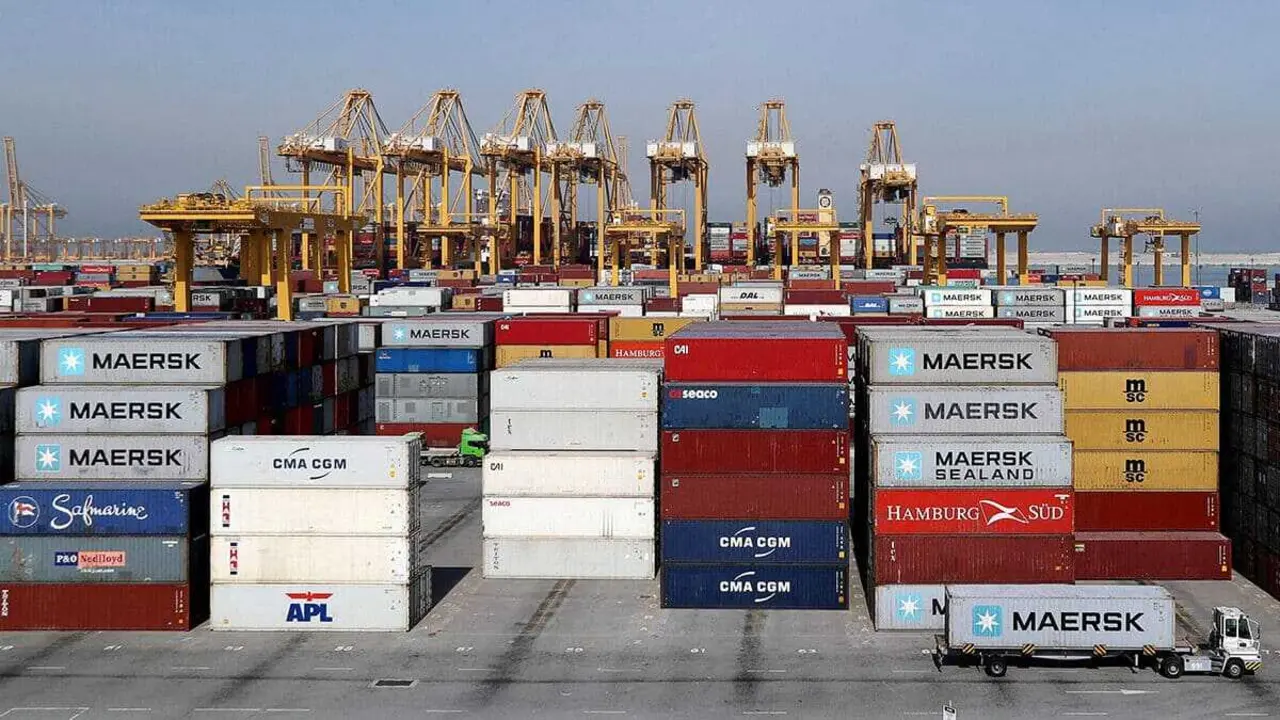How US sanctions led Iran into the arms of Huawei
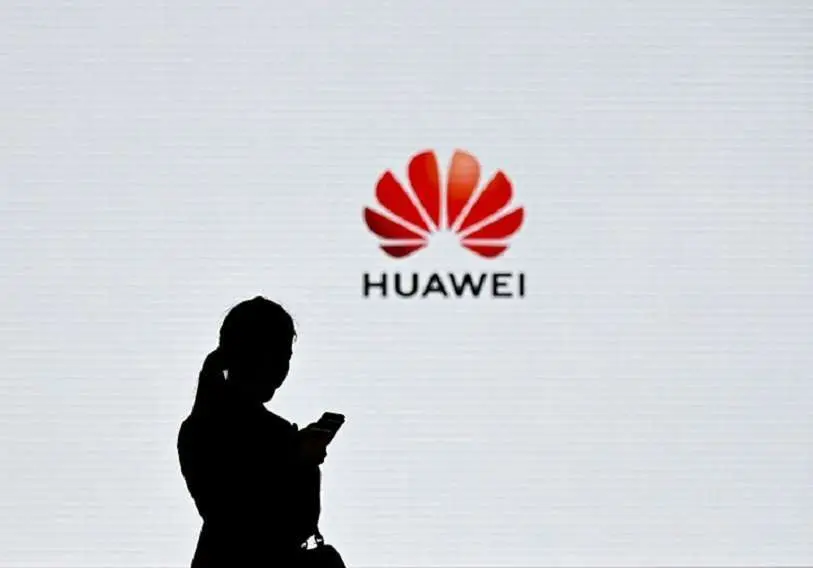
The Chinese high-tech giant Huawei seems to be taking advantage of the important 25-year partnership agreement concluded by Beijing with Iran to obtain a monopoly position in the development of the country's 5G network, replacing its Swedish rival, Ericsson, which left Iran because of American sanctions.
While many developed countries, including the United States, the United Kingdom, Germany, Australia and Canada, have partially launched their 5G mobile services, developing countries, particularly in the Middle East and North Africa (MENA), are in a frenzied race to achieve their ambition to provide efficient and effective public services. In doing so, they hope to accelerate economic diversification and promote sustainable growth.
Iran is no exception in this regional race and has pursued its 5G plans despite US sanctions. In fact, Iran was one of the first countries in the world to successfully conduct a 5G network test. In September 2017, the country's second largest mobile phone operator, MTN-Irancell and Ericsson, jointly carried out a successful 5G test connection in Tehran, although this did not bring credit to the country as the initial tests did not result in a fully operational 5G network.
Irancell-Ericsson cooperation was made possible with the lifting of international sanctions against the Islamic Republic through the signing of the Joint Global Action Plan 2015 (JCPOA), the nuclear agreement between Tehran and world powers. But the honeymoon ended when Ericsson was forced to leave Iran after US President Donald Trump withdrew from the JCPOA in May 2018, reimposed Washington's sanctions against Iran and warned European countries against cooperating with Tehran.
In its 2018 annual report to the US Securities and Exchange Commission, the Swedish technology giant confirmed that "since the US withdrawal from the JCPOA, Ericsson is significantly reducing its activities and organisation [in Iran]. It says it will continue to "provide the two major mobile operators, MCCI and MTN Irancell, with essential support to operate the network and meet the commitments made to these operators by 8 May 2018".
Based on the same commitments, Ericsson continued to sell services and products related to the two Iranian companies' communication infrastructure in 2019, according to its annual report. However, the report states that Ericsson's operating revenues from these sales decreased dramatically from SEK 820 million ($93.4 million) in 2018 to SEK 95 million ($10.8 million) in 2019, marking the end of the honeymoon period.
Peter Olofsson, a communications manager at Ericsson, told me that "the current commitment of the Swedish company to customers in Iran [is] ... very low. Olofsson pointed out that the sanctions against Iran did not include telecommunications. He added: "Our current low level of activity is mainly due to the sanctions on currency transactions and the banking sector.
It now appears that the company's withdrawal from the Iranian market, confirmed by an Irancell official who did not want to be identified, has allowed Ericsson's Chinese rival, Huawei, to take control. Iran has not yet officially confirmed that it is buying 5G equipment from the Chinese firm, but it is almost certain that the world's largest supplier of telecommunications equipment has already added Iran to its long list of customers.
At the end of July, during an opening ceremony at the Tehran headquarters, Irancell's CEO announced that the company was buying its 5G equipment from various suppliers around the world. He did not mention any names, but did not deny that the company is working with Huawei when asked about it at the press conference.
"Currently there are several suppliers producing 5G equipment around the world and our policy is to continue to use several suppliers on the network, as we have done in the past," said Bijan Abbasi in response to a question about alleged safety concerns regarding the use of Huawei equipment.
The above-mentioned Irancell official later told me that the company had its own security protocols regarding cooperation with foreign companies. Irancell also pays attention to the considerations and protocols of the country's "security apparatus", the source added, without giving further details.
The U.S. government says Huawei's 5G equipment is a security risk, and claims that China could use it to spy. Much of its concern stems from the fact that the technology giant's founder, Ren Zhengfei, is not only a member of the Chinese Communist Party but also spent nine years as an officer in the People's Liberation Army.
Due to security concerns and a possible impact on its relations with Washington, the UK decided to withdraw the Chinese telecommunications giant from its 5G mobile networks in July. Many Germans are also opposed to the involvement of Chinese society in their own country's networks. However, Chancellor Angela Merkel has resisted a total ban on Huawei, holding the line against security hawks.
While the Germans and British may be worried about the use of Huawei's equipment for fear that it will help the Chinese intelligence agency gather information from European citizens, the Iranian people are in a worse situation. In the same vein, many were concerned about China's growing influence in their country, particularly its long-term agreement with the Iranian government, which could give Beijing massive control over the lives of Iranians if it materialises.
"The British Parliament has just announced that the country's telecoms companies have been forced to withdraw all their Chinese 5G equipment because of the risk that China will be monitoring British data in seven years' time. That's when Iran promised to launch a 5G network [in cooperation with China]," an Iranian Internet user recently tweeted, adding the hashtag "#Chinese_Turkmenchay". The hashtag raises doubts about Iran-China 5G cooperation by comparing the agreement with the infamous 1828 Turkmenistan Treaty between Persia and Tsarist Russia.
The Iranian government has been accused of "selling" parts of the country to China by signing a 25-year "strategic partnership" agreement, a disclosed version of which was recently obtained by the New York Times. Once the agreement is signed by both parties, Beijing will invest a total of $400 billion in Iran's banking, transport and development sectors.
According to the 18-page draft in Persian, telecommunications is one of the main components of the strategic agreement. The document states that Tehran and Beijing should launch "joint projects for the development and strengthening of [Iran's] information and communication infrastructure", including the "development of a 5G network".
In exchange for all its investments, Beijing will receive Iranian oil at a very reduced price over the next 25 years. The Chinese are also expected to gain considerable influence over the Persian Gulf ports and Iranian islands. This explains why some Iranians compare the draft agreement to the Treaty of Turkmenchay, which forced the Persians to cede control of territory in the South Caucasus.
Reza Hashemi, an Iranian computer systems expert based in Sydney, also criticised the imminent launch of a 5G network in Iran. "The whole world now knows that Huawei is a security company engaged in espionage activities controlled by China, which has been eliminated by industrialised countries despite some technical advantages," he said. He went on to cite the economic problems currently facing the Iranian government and questioned the real purpose of introducing Chinese 5G technology into Iran.
This 25-year agreement is part of the ambitious initiative of Chinese President Xi Jinping for roads and strips, which aims to increase Beijing's economic and strategic presence in Eurasia. According to the New York Times, the pact should "greatly extend China's influence in the Middle East, giving Iran an economic lifeline and creating new hot spots with the United States.
An agreement with Huawei to establish Iran's national 5G network, which seems imminent given its inclusion in the "short-term executive measures" stipulated in the draft agreement, would go a long way towards achieving Xi's goals, despite the fact that technology giant Ren Zhengfei's founder says the company has never provided data to the Chinese government and would not allow the Chinese government access to it.
"Huawei and I personally have never received a request from any government to provide incorrect information," Ren said last year. "When it comes to cybersecurity and privacy, we are committed to taking the side of our customers. We will never harm any nation or individual.
Tehran has denied accusations that it is "selling" to Iran, but China's tight control over the Iranian people's access to the Internet is as troubling as the alleged sale of the country's land. Iran's mostly young and highly educated population has long been concerned about censorship and filtering, but what adds to its chronic wound is that sanctions imposed by the United States - which proclaims itself to be "defenders of the rights of the Iranian nation" - are now driving European companies out of the country and pushing Iran into China's arms.

